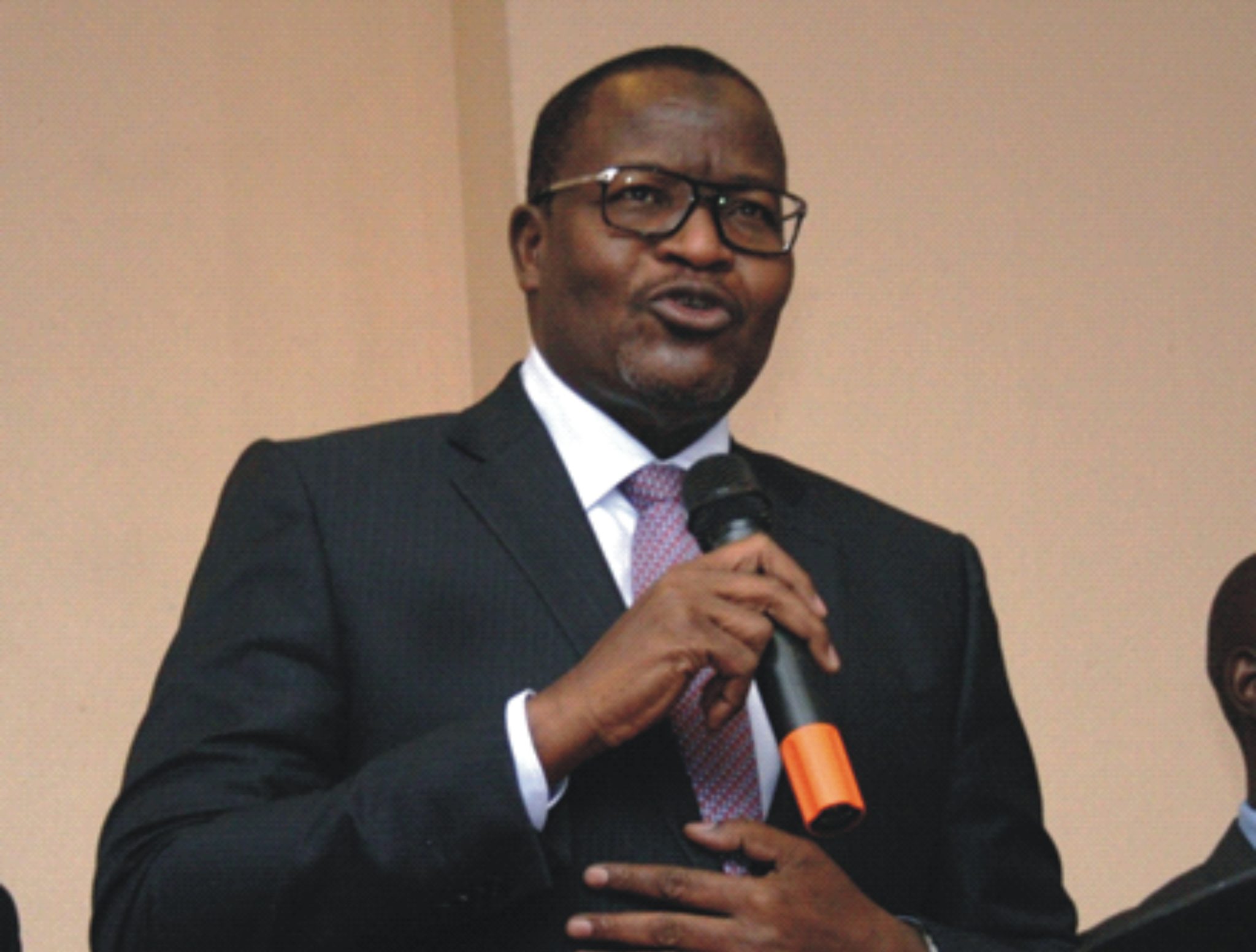
The Nigerian Communications Commission (NCC) has said new mobile voice termination rates will take effect from March 1, 2018.
The Executive Vice Chairman, NCC, Prof. Umar Danbatta, said this at the second ”Stakeholders Forum for the Cost-Based Study for the Determination of Mobile Voice Termination Rate for the Telecommunications Industry” on Thursday in Lagos.
Termination rate or interconnection rate is the amount or fee which one telecommunications operator charges another for connecting and terminating call(s) on its network.
As at 2015, there was a debt of over N30 billion among telecommunications operators for interconnection.
Danbatta, who was represented by the Executive Commissioner, Stakeholders Management, NCC, Mr Sunday Dare, said that interconnection was critical to the growth and development of the telecommunications industry.
He said that without interconnection, it could be difficult, if not impossible, for subscribers on one network to call subscribers of other networks.
According to him, a key component of the commercial aspects of interconnection is the determination of interconnection rate among network service providers.
”Apart from the first interconnection rate, which was based on negotiation between the incumbent operator (NITEL) and other operators, all other determinations have been handled by the commission.
”NCC had to handle the termination rate due to the reason that the negotiated interconnection rate was fraught with many controversies.
”And more importantly, there was a need to ensure interconnection rates are cost-oriented in line with international best practice.
”Till date, there have been four interconnection cost determination regimes (2003, 2006, 2009 and 2013 respectively),” he said.

Danbatta said that the 2003 regime was determined via a benchmarking exercise, while the 2006, 2009 and 2013 regimes were cost-based.
He said that a glide path asymmetric regime was adopted in 2009 and 2013 respectively, while the 2013 regime was expected to expire in 2016.
According to him, economic factors such as the rapid devaluation of the naira in 2016 and the fact that Nigerian network service providers became perpetual net payers to overseas interconnecting partners, led to the commission setting an interim rate of N24.40 kobo per minute for inbound international traffic.
”This was after carrying out a bench marking exercise with other jurisdictions, and this rate will subsist until a cost-oriented rate is determined by the commission.
”Further to the above and the expiration of the 2013 interconnect regime in 2016, the commission engaged the services of the consultant, PricewaterhouseCooper (PWC), UK to review and update the existing model.
”PWC is to take into account the changes that have occurred over time and produce an interconnection cost model that is more in line with the current realities in Nigeria.
”This project formally kicked off with the initial stakeholders’ forum held on Feb. 15, 2017, with the primary aim of introducing the consultant to the industry and seeking active participation from the operators,” he said.
Danbatta said that the current forum was to unveil the study by the consultants for intensive review and discussion by stakeholders.
He said that the outcome of the deliberations would culminate in the final determination of the mobile termination rate for the industry.
The EVC said that the commission had an obligation to create a level playing field for all operators and ensure the continuous growth of the industry.
He said that NCC would ensure the determination of mobile voice termination rates that truly reflect the cost of deploying the service and interconnection of networks in Nigeria.








